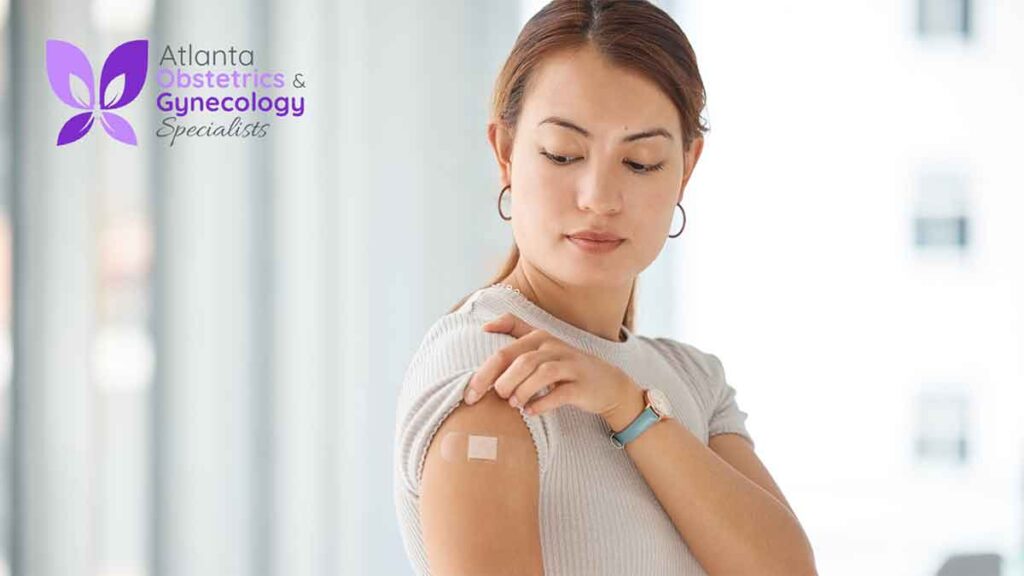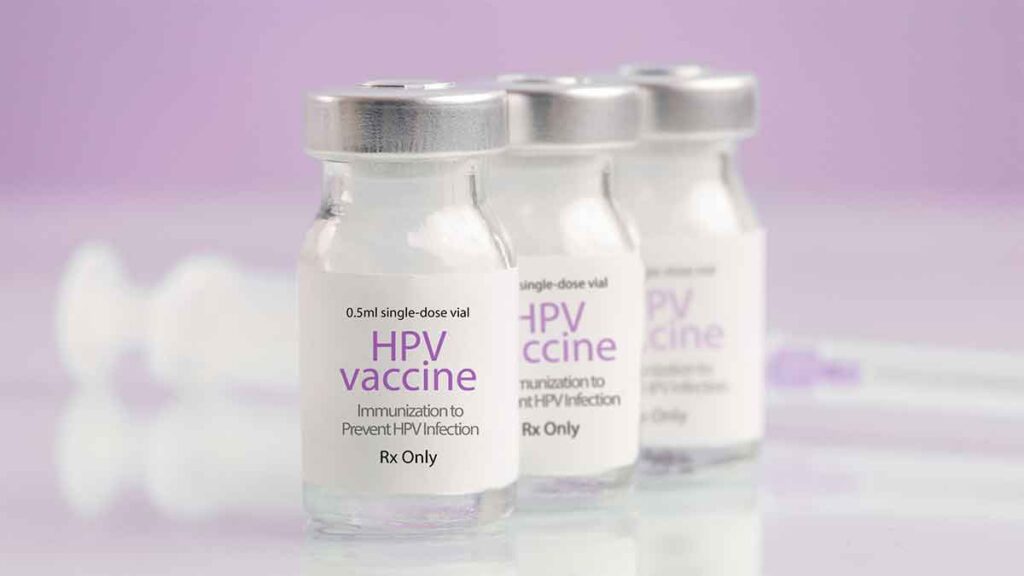If you’re over 26 and wondering whether it’s still worth getting the HPV vaccine, the answer might surprise you. While it’s true the vaccine is most effective before HPV exposure, adults up to age 45 can still benefit, especially those with new partners.
Once you understand how HPV spreads and how the vaccine works, it’s easier to decide what’s best for your body and lifestyle. This guide breaks it all down, with insights from OBGYN professionals and up-to-date recommendations.
Why HPV Vaccination Still Matters After 26
HPV doesn’t stop being a concern after your twenties, especially if you’re sexually active. The FDA has approved the 9-valent vaccine for adults up to age 45, offering strong protection against the most harmful HPV strains.
Even if you’ve been exposed to some types in the past, the vaccine can still help guard against others. A conversation with your OBGYN can help you decide whether the vaccine still makes sense for you.
What Causes HPV in Females?
HPV, or human papillomavirus, is caused by a group of viruses that enter the body through microscopic skin tears, often during intimate skin-to-skin contact. For many women, HPV shows no visible symptoms but can still lead to health complications over time.
The virus affects areas such as the cervix, vagina, vulva, and throat. Because it’s so common and often silent, many don’t know they’re infected until they receive abnormal results on a pap smear.
Here are some common ways HPV can develop and spread in females:
- Unprotected Sexual Activity: HPV is primarily transmitted through vaginal, anal, or oral sex, especially without condom use. Even a single encounter with an infected partner can result in transmission.
- Skin-to-Skin Genital Contact: Intercourse is not required. HPV can spread through simple skin-to-skin contact involving the genital area, making it possible to contract even with no penetration.
- Weakened Immune System: A compromised immune system, resulting from illness, medication, or chronic conditions, can make it more difficult for the body to fight off HPV naturally, thereby increasing the risk of long-term infection.
- Early Age of Sexual Activity: Engaging in sexual activity at a younger age may increase the chance of HPV exposure before the immune system is fully developed.
- Lack of HPV Vaccination: Skipping or delaying the HPV vaccine leaves the body unprotected against high-risk strains that are known to cause cervical and other cancers.
Because HPV often develops silently, testing is vital for early detection of cell changes in the cervix. Regular screenings help catch potential issues before they progress, giving women the chance to take action early, with the help of their OBGYN.
If you’re unsure how often you need screening, check out our related post: How Often Do You Need a Pap Smear? Screening Frequency Guidelines — it breaks down what’s recommended at every stage of adult care.
How Is HPV Transmitted?
While HPV is commonly passed through vaginal, anal, or oral sex, it can also spread through direct skin-to-skin contact, even without intercourse. This makes it one of the most common STIs, even among people in monogamous relationships.
Because symptoms may not appear right away, many people unknowingly pass it on. That’s why many OBGYN specialists recommend vaccination as part of your preventive care.
Who Should Consider Getting the Vaccine
Adults between 27 and 45 should consider the vaccine if they haven’t been fully vaccinated before and remain at risk. This includes people with multiple partners, those re-entering the dating scene, or anyone with a partner who may have had other partners.
If you’re not sure about your risk, talk to your gynecologist. Shared decision-making is encouraged in this age group. It’s never too late to prioritize your sexual health.
You may benefit from the HPV vaccine if you:
- Have not completed or started the HPV vaccination series
- Have had multiple sexual partners or a new partner recently
- Entering or returning to the dating scene after a long-term relationship
- Have a partner with a history of multiple previous partners
- Have a weakened immune system or a medical condition that makes you more vulnerable to infection
- Are concerned about future risk and want added protection against HPV-related cancers and genital warts
Getting vaccinated is a personal choice, and your OBGYN can help you weigh the pros and cons based on your lifestyle and health history.
How Effective Is the HPV Vaccine for Adults
While the vaccine is most effective when given before exposure, it can still offer valuable protection to adults. Studies show that even in older age groups, the vaccine can prevent new infections with high-risk HPV strains.
It’s not a treatment for existing HPV, but it lowers your chances of future complications. The earlier you get vaccinated, the more protection you gain.
Talking to Your OBGYN About HPV Protection
If you’re unsure where to start, a simple conversation with your OBGYN can make all the difference. They can assess your medical history, discuss your sexual health, and help determine if the vaccine is worth considering.
For many women, HPV prevention is part of broader OBGYN care, including routine testing and cervical health monitoring. Staying informed is a powerful step toward long-term wellness.
Risks of Skipping the HPV Vaccine
Skipping the vaccine means staying vulnerable to strains that cause warts, cervical cancer, and other HPV-related diseases. Without protection, a single new partner could lead to an infection with lifelong consequences.
Regular screenings help, but prevention through vaccination gives you an extra layer of defense. Think of it as part of a full-circle health plan.
What to Expect During and After the Vaccination
The HPV vaccine is given in a series of two or three shots over six months, depending on your age and vaccination history. The injection is quick and typically causes only mild side effects, like arm soreness or fatigue.
There’s no downtime required, and you can return to your day as usual. Most people report no issues and feel confident taking a step toward protecting their health.
Get Trusted Guidance From an OBGYN Clinic
If you’ve never been vaccinated or are unsure about finishing the series, talking to an expert or visiting a local immunization clinic can help you get clear answers. Preventive care, like HPV vaccination and regular checkups, all work together to reduce long-term risk.
Schedule your HPV vaccination or screening at Atlanta Obstetrics & Gynecology Specialists. We make it simple, clear, and focused on what matters to you.

